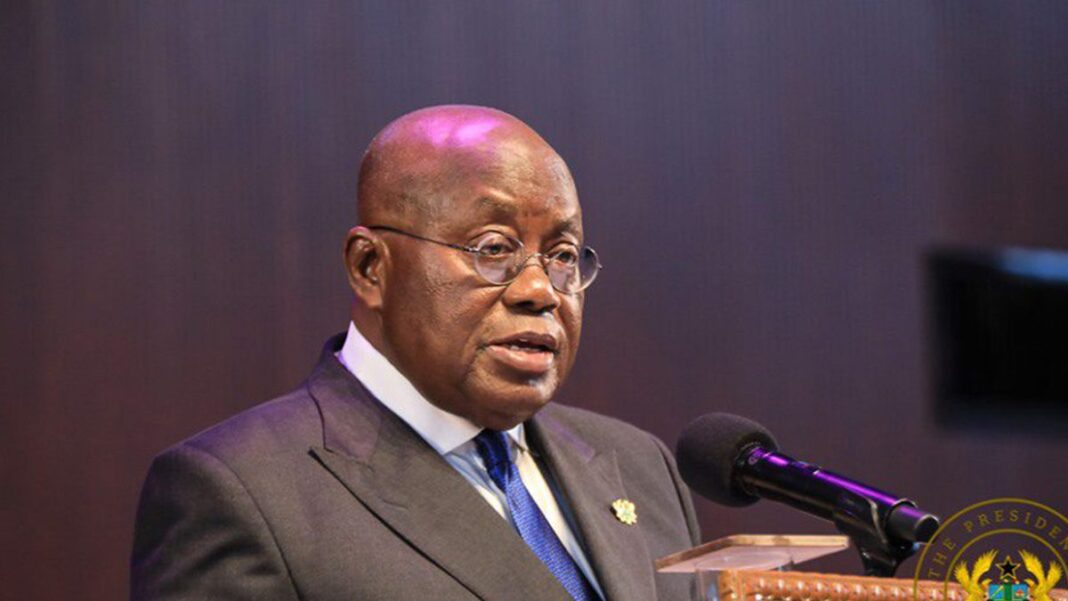Accra, Ghana – Ghana has officially entered the realm of next-generation connectivity with the launch of its fifth-generation (5G) mobile network, marking a transformative step in the country’s digital landscape. President Nana Addo Dankwa Akufo-Addo announced this milestone at a ceremony in Accra, positioning Ghana as one of the first West African nations to roll out 5G services nationally. The initiative is spearheaded by Next Gen Infraco (NGIC), a shared infrastructure provider co-promoted by the Ghanaian government and a coalition of seven firms, reflecting a public-private partnership dedicated to advancing national technological capabilities.
The exclusive 10-year license granted to NGIC will enable substantial investments in 5G infrastructure, propelling Ghana forward as a digital hub in West Africa. The high-speed, low-latency connectivity offered by 5G promises to transform several sectors, including healthcare, education, commerce, and entertainment. Experts are optimistic that 5G will serve as a catalyst for digital innovation, enabling applications such as telemedicine, smart classrooms, and augmented reality shopping experiences.
A Boost for Local Businesses and Foreign Investments
The 5G network is expected to unlock new opportunities for Ghanaian businesses, particularly small and medium-sized enterprises (SMEs) that rely on digital platforms for growth. Faster internet speeds and improved connectivity will empower businesses to expand their online presence, reach wider audiences, and streamline operations through cloud-based solutions and real-time data access. The network upgrade is also likely to attract increased foreign direct investment, especially from technology firms looking to capitalize on Ghana’s enhanced digital infrastructure.

International investors view 5G as a pivotal asset that could drive the growth of Ghana’s tech sector. With robust digital infrastructure, Ghana could see an influx of tech startups, mobile app developers, and IT service providers establishing operations within the country. This growth, in turn, would create new employment opportunities for the nation’s skilled youth, reducing brain drain and contributing to the broader economic agenda.
Implications for Education and Healthcare
Beyond business, 5G is expected to have far-reaching impacts on critical sectors like education and healthcare. In education, the network enables the expansion of smart classrooms, online learning platforms, and digital resources, potentially improving access to quality education for students in remote areas. With stable, high-speed internet, schools can offer virtual learning experiences and connect students with teachers and experts worldwide, enriching the learning process.
In healthcare, 5G opens the door to telemedicine, allowing healthcare providers to conduct remote consultations and even minor procedures through high-definition video connections. This advancement is particularly promising for rural communities where access to healthcare facilities is limited. Additionally, 5G enables the use of wearable health devices and IoT-enabled medical equipment, which can provide real-time monitoring and early detection of health issues.
Public-Private Partnerships: A Model for Future Projects
Ghana’s approach to rolling out 5G through a public-private partnership model offers a blueprint for future infrastructure projects. Collaborating with private entities allows the government to leverage both financial and technical resources, ensuring a comprehensive and sustainable rollout. By fostering such partnerships, Ghana not only accelerates its development trajectory but also strengthens its position as a regional leader in digital transformation.
As Ghana ushers in this new era of connectivity, the launch of 5G is expected to foster a future marked by enhanced innovation, economic resilience, and improved quality of life. The nation’s digital leap reflects a commitment to building a technologically advanced society capable of meeting the demands of the global digital economy.

